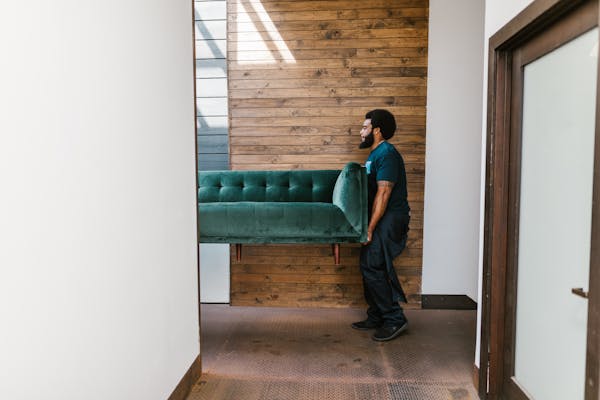[ad_1]
Photograph by Shealah Craighead/Official White House Flickr.
Yesterday, the Biden Administration announced that this fall’s class of White House interns will be the first in the history of the program to be paid for their labor. For each week of “at least 35 hours” of work, interns will receive $750. They still will not receive relocation assistance, and they are responsible for finding their own housing.
For years, the White House has faced pressure to pay its interns. Critics say that unpaid internships exploit workers and contribute to income inequality, barring middle- and low-income candidates from career opportunities simply because they can’t afford to work for free. There’s also an additional cost: As Stephen Lurie pointed out in a 2014 op-ed, “unpaid interns have little to no legal protections against workplace sexual harassment and discrimination, specifically because they are not paid.”
Unpaid internships are also notoriously associated with nepotism, connecting the already connected with a pipeline to powerful jobs. A 2013 examination of the White House internship program found the offspring of the donor class overrepresented among interns, particularly the children of Washington’s elite. (According to the New Republic, DC’s Georgetown Day School “produced more interns than the states of Florida, Pennsylvania, or Illinois” in the summer of 2013.)
These interns often go on to impressive careers: The White House internship program has produced congresspeople, mayors, lobbyists, and lawyers. Among its alumni are former presidential candidate Julián Castro, news anchor Brian Williams, political strategist Anita Dunn, and Blackwater founder Erik Prince.
In a statement, the Biden Administration acknowledged that unpaid federal internships have often barred “hardworking and talented students and professionals” from career advancement. The White House hopes that by paying interns, they can “remove barriers to equal opportunity for low-income students and first-generation professionals” and “help to ensure that those who receive internships at the White House—and who will be a significant part of the leadership pipeline across the entire federal government—reflect the diversity of America.”
Paying White House interns—even at a modest rate of roughly $20 per hour—might make the program accessible to a broader swath of candidates, but it probably won’t fix equity issues at the White House. Between the cost of housing in Washington, spiking inflation on everyday goods, as-yet-unforgiven student loans, and nepotistic hiring patterns, the internship program will probably still cater largely to the elite.
[ad_2]
Source link







